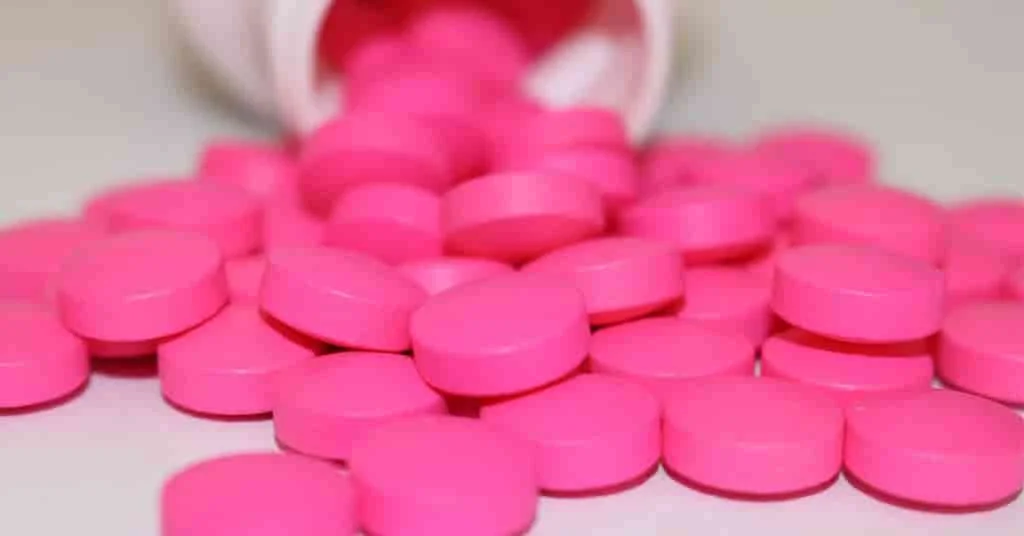Welcome To ChemAnalyst

Scottish researchers are embarking on an unprecedented exploration of utilizing industrial plastic waste to craft pharmaceuticals targeting neurological diseases. Presently, a significant portion of pharmaceuticals is reliant on petrochemical origins and often manufactured abroad. This innovative initiative seeks to revolutionize pharmaceutical production, presenting an avenue for more sustainable medicine creation.
The focus of this study revolves around the potential transformation of polyethylene terephthalate (PET), commonly employed in food and beverage packaging, through the utilization of genetically modified bacteria and enzymes. By dissecting PET, the researchers aim to extract vital chemical constituents that could be converted into valuable pharmaceutical compounds, specifically targeting conditions such as brain disorders. The scope of their investigation extends beyond the realm of neurology. The team intends to explore diverse avenues for producing a wide array of medications from PET, a step that resonates with the UK's 2021 Life Sciences Vision. This strategic vision encompasses the bolstering of the UK's life sciences sector and emphasizes tackling pressing healthcare challenges.
Remarkably, this research marks the inaugural exploration of PET, conventionally linked to packaging, as a foundational resource for pharmaceutical synthesis. The supply of PET is secured through API Foilmakers, a packaging manufacturer renowned for producing vast lengths of plastic-backed foil, generating substantial PET waste.
Simon Rathbone, the development manager at the helm of Impact Solutions, the project leader, elucidated their current trajectory as "working towards a small-scale proof of concept, laying the foundation for the future commercialization of this technology." Impact Solutions operates as an independent laboratory, dedicated to facilitating industry trials and the development of innovative materials, products, and services.
Collaborating alongside the project are biotechnology researchers at the University of Edinburgh and the Industrial Biotechnology Innovation Centre (IBioIC), an organization championing the advancement of new biotechnological processes and products on a global scale.
Stephen Wallace, senior lecturer in biotechnology at the University of Edinburgh, outlined the potential transformation this endeavor heralds for the pharmaceutical sector. While the initial focus rests on a specific type of plastic waste from foil rolls, the underpinning technology possesses the versatility to be extended to alternative forms of waste PET, provided the foundational groundwork is solidified. Notably, interactions with prominent pharmaceutical companies have yielded promising conversations about adopting this pioneering approach.
Liz Fletcher, director of business engagement at IBioIC, highlighted the project's significance in the context of bio-based medicines and Scotland's drive towards achieving net-zero targets. The integration of enzymes and engineered biology into sustainable manufacturing presents a noteworthy stride towards a greener industrial landscape.
We use cookies to deliver the best possible experience on our website. To learn more, visit our Privacy Policy. By continuing to use this site or by closing this box, you consent to our use of cookies. More info.
